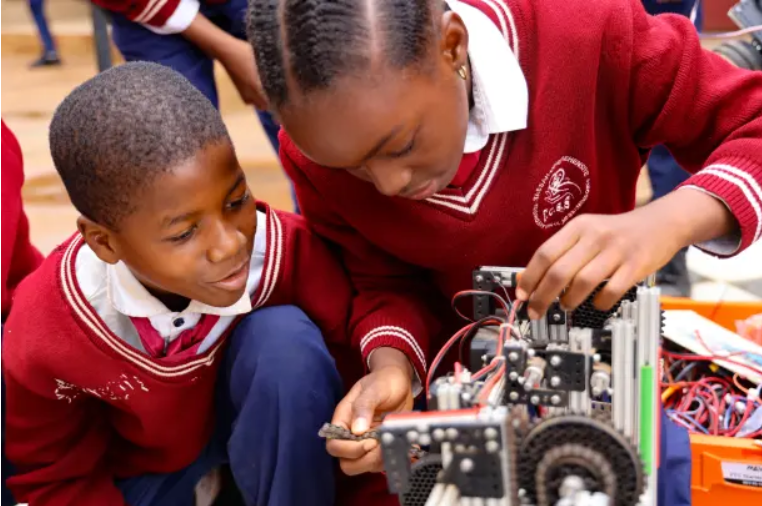This conference, organized by UNESCO and the African Union Commission with partners, aims to build a transformative STEM ecosystem for Africa.
Event
Building on the African Union’s 2024 theme, “Educate an African fit for the 21st Century”, UNESCO and the African Union Commission (AUC), and key continental organizations are co-organizing this three-day conference to forge a continent-wide strategic partnership to build a transformative Science, Technology, Engineering, and Mathematics (STEM) ecosystem. This comprehensive approach, coupled with strong collaboration among stakeholders aims to position Africa as an equal player in the future of STEM education, innovation, entrepreneurship, and engineering.
Africa is poised for a transformative leap. By 2030, it will hold the world’s largest youth bulge, with an estimated 500 million people aged 15-24. This demographic dividend presents a tremendous opportunity. However, a significant challenge remains, a critical skills gap exists that threatens to stall progress and that is costly for Africa. Millions of young people on the continent require STEM skills crucial for navigating the demands of the 21st-century workforce. The World Economic Forum, in their Future of Jobs Report 2023, for example states that Africa will need an additional 23 million STEM graduates by 2030 to fill critical positions in engineering, healthcare, and information technology.
The African Union’s Agenda 2063 recognizes the critical role of education, Science, Technology, and Innovation (STI) in achieving its ambitious goals. Its strategies namely CESA-16-25 and STISA-2024 operationalize this vision, with a strong emphasis on STEM education across the continent.
This conference, taking place at the African Union Conference Center in Addis Ababa, aims to identify the root causes of challenges hindering STEM education, research, innovation, and entrepreneurship in Africa, and to develop effective strategies to overcome them and unlock the continent’s development potential.
To attend in-person please register here
Source: https://www.unesco.org/en/article


